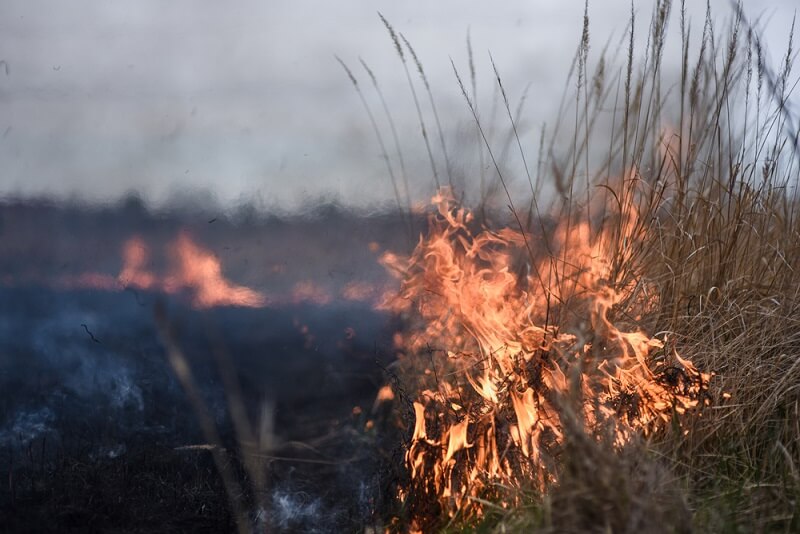Depending on where you live, your home may be at a higher risk of theft, vandalism, or natural disasters such as wildfires, earthquakes, floods, and storms. While the standard
homeowners' insurance policy may not cover some natural disasters, including floods, it provides coverage for wildfires. However, this entirely depends on the size of the risk at hand. For instance, if your home is located in a wildfire-prone area, the insurance company may require you to purchase a standalone wildfire insurance policy or increase your home insurance coverage.
Under normal circumstances, your
homeowners' insurance policy will provide the following coverages in case of wildfire damage. Take note that each coverage has limits as well as exclusions. Here's some more information on this topic.
Dwelling Coverage
This policy covers your home structure, permanent fixtures, and other attached structures such as the garage and the deck. This means that in case a wildfire causes your home to collapse, this coverage may pay for the cost of rebuilding, depending on what policy you have.
Personal Property Coverage
According to the
Government Employees Insurance Company (GEICO), personal property coverage pays for damages of your belongings. Specifically, it pays for the costs of repair and replacement of furniture, electronics, and clothing, among other items. For a smooth claim process, ensure you keep an up-to-date inventory of all your belongings in an easily retrievable place. Take note that in case you have valuable belongings such as collectibles, jewelry, and currency, the insurance carrier may ask you to purchase separate coverage. In other words, the typical
home insurance policy does not cover damage to high-value items kept in your home.
Landscaping Coverage
In 2019, a standard consumer unit in the U.S. spent about $157.55 on gardening and lawn care services, as reported by
Statista. While this may seem like a small figure, it shows that your landscape is also important considering you've probably spent a significant amount to maintain it. Therefore, losing your trees, shrubs, and lawns to a wildfire can be equally devastating. Thankfully, the homeowners' insurance policy can also cover landscaping costs in the event of wildfire damage. Nevertheless, this has limits and it all depends on the inclusions in your
home insurance policy.
Additional Living Expense Coverage
If a wildfire destroys your home, you should file a homeowners insurance claim. After filing, an adjuster will investigate the matter. Usually, insurance providers want detailed facts to ascertain the nature of the damage before compensating you. Depending on the nature of the damage, cooperation from relevant parties such as witnesses and the police, and the controversies involved, if any, the investigation process may be lengthy and tiresome. The bad news is that the insurer will only start repairing or rebuilding your home after establishing the truth as per the terms of your coverage. This means that during the investigation process, you will need somewhere else to stay, probably a hotel, a friend's place, or a rented apartment. Luckily, the homeowners' insurance policy provides additional living expenses to cater to your accommodation, food, and sanitation needs as you wait for the restoration of your home.
These are some of the wildfire coverages provided on your homeowners' insurance policy. At
Little & Sons Insurance Services, we understand that despite your best efforts to keep a safe home, disasters such as wildfires can cause property damage. Talk to one of our experts to discuss what you need in your
homeowners' insurance policy beyond the standard plan to customize it to meet your personal needs.



